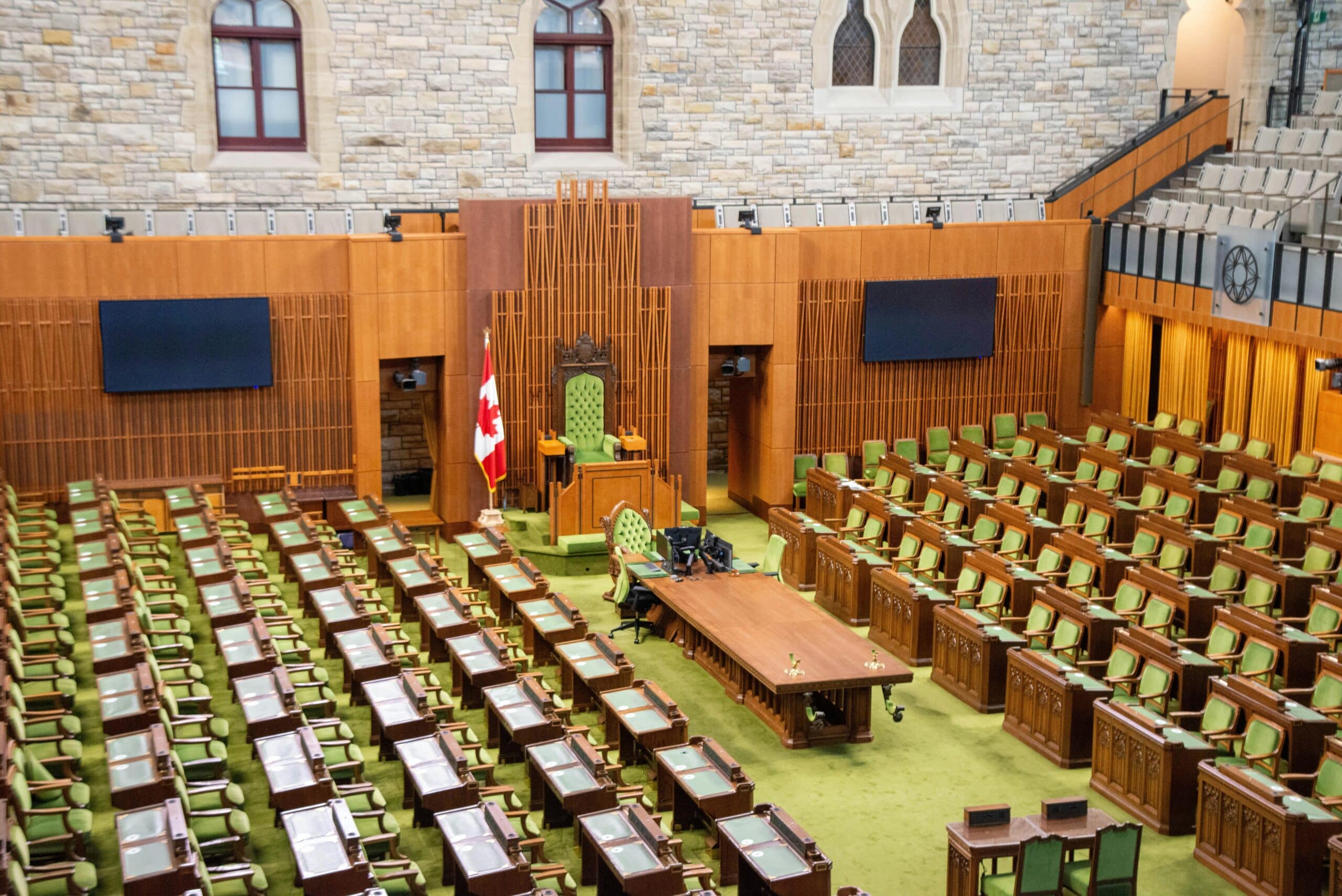The recent U.S. tax reform has provided Canadian-based multinational businesses some powerful incentives to shift production to the U.S. – lowered tax rates, particularly for U.S. exporters, and accelerated write offs for capital investments – are sending the message that the U.S. is open for business again.
In Part 1: Recent U.S. tax reform impacts U.S. citizens living in Canada, we shared the impacts of the changes on U.S. citizens living in Canada. This week, we will focus on how the U.S. tax reform impacts Canadians doing business in the U.S.
Part 2: Changes impacting Canadians doing business in the U.S.
Corporate tax rates
For tax years beginning after December 31, 2017, the federal corporate tax rate will be reduced to a flat rate of 21% from marginal rates beginning at 15% and increasing to 35% on $10 million of taxable income.
Net operating losses changes
Under existing law, corporate net operating losses (“NOLs”) could be carried back for two years and forward 20. The new law eliminates the NOL carryback for tax years beginning after December 31, 2017 and allows an indefinite NOL carryforward subject to a limitation of 80% of taxable income. Therefore, corporations using post 2017 NOLs to offset taxable income will be subject to an effective federal tax rate of 4.2% ((100% – 80%) * 21%).
Repeal of Alternative Minimum Tax (“AMT”)
The AMT often applied to capital intensive corporations which accelerated depreciation for “regular” tax purposes. Effective for tax years beginning after December 31, 2017, the AMT is eliminated. Any AMT credits may be utilizable, in part, through 2022.
Depreciation changes
There are a number of provisions which will effectively allow businesses to write off 100% of the cost of acquisition of most non-real estate related assets beginning in 2018.
• An increase of the 100% Section 179 depreciation threshold from $500,000 to $1 million with the phase-out threshold amount increased to $2.5 million from $2 million.
• The Section 179 expense will now include depreciable personal property used predominantly to furnish lodging and will include improvements to non-residential real property such as roofs, HVAC systems, fire systems, alarm and security systems.
• A temporary 100% cost recovery for certain qualified property (e.g. excludes real estate) for property placed into service between January 1, 2018, and December 31, 2022. The cost recovery percentage will drop by 20 points a year in each of the subsequent four years.
Observation: After much hullabaloo, there was no reduction to the depreciation lives for real estate – though 15 year depreciation has been provided for a broader group of qualified improvements. The optics of a tax benefit being bestowed to the real estate industry, which could benefit President Trump, likely resulted in the withdrawal of earlier proposals.
Accounting for inventories
For tax years beginning after December 31, 2017, taxpayers that have less than an average of $25 million of average annual gross receipts for the prior three years (i.e. computed on a global affiliate basis) have the choice of writing off inventory or using an inventory method which conforms to the taxpayer’s financial accounting treatment for inventories.
Cash method
Under current law, certain qualified personal service corporations, partnerships without corporate partners and S corporations are allowed to use the cash method of accounting regardless of their gross receipts as long as the use clearly reflects income.
A new provision allows all taxpayers including C corporations and partnerships with C corporations to use the cash method, provided the same $25 million gross receipts test applicable to inventories is satisfied.
Foreign company sale of a partnership interest with U.S. source activity
To date, a foreign person, including a corporation, selling an interest in a U.S. partnership was only subject to U.S. source taxation for real estate partnerships. If the U.S. partnership was simply operating a U.S. business, most experienced practitioners did not treat the sale as U.S. source on the basis that the sale of a capital asset, other than real estate, should only be taxed in the taxpayer’s country of residence. The IRS issued a Revenue Ruling in 1992 stating their position was that such sales were U.S. source and subject to U.S. tax. The courts have disagreed with the IRS position. Accordingly, Congress is changing the law to require these sales to be subject to U.S. tax.
Entertainment expenses
For costs incurred after 2017, all entertainment expenses are disallowed. The 50% deduction for meals has been retained.
Payments to hybrid entities
Prospectively, interest and royalty payments from a U.S. taxpayer to a hybrid entity will be non-deductible. A hybrid entity is one that is treated as a flow through in one jurisdiction and as a corporation in the other. The measure is intended to curb the benefits of financing structures which will either allow for deductions for the same item in both countries, or a deduction in one country without a matching income inclusion in the other.
Other provisions
• There are some tax benefits being afforded to flow-through entities such as partnerships, S corporations and sole partnerships owned by individuals. The rules are complicated and should have minimal impact on a Canadian client base.
• A limitation on the deductibility of interest expense in excess of 30% of taxable income – adjusted for depreciation and amortization – will be implemented for taxpayers that have average gross receipts of greater than $25 million for the prior three years.
• An excise tax will apply to certain payments to a foreign related party by a U.S. payor. The rules will only apply to corporations with average annual gross receipts of $500 million.
Our 2-part series on the impacts of the U.S. tax reform concludes, but that doesn’t mean the conversation stops here. We’re here to help. Zeifmans is committed to assisting our clients in navigating the new U.S. tax rules and planning to mitigate the impact of them. Please contact your Zeifmans advisor today, or Stanley Abraham, U.S. Tax Partner at 647.256.7551 or sa@zeifmans.ca.



